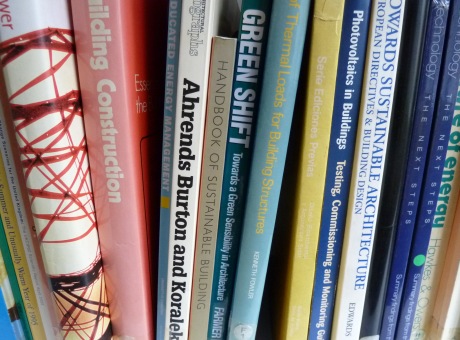Evaluating scenarios for alternative fuels in international shipping

10 September 2013
Whilst oil derivatives (heavy and intermediate fuel oils and marine diesel oil and marine gasoil) have been the principle shipping fuels in recent decades, higher crude oil prices, lower gas prices, technology developments and environmental regulation could all create drivers for this to change, and precipitate a switch to “alternative” fuels. Liquid Natural Gas (LNG) burnt in internal combustion engines has been one of the primary alternative solutions which has gained significant attention followed by biofuels, both of them mainly due to the compatibility that they present with the current infrastructure and machinery. However a number of other fuels e.g. Methanol and Hydrogen, and machinery technologies such as fuel cells also represent options that could see take up in the next few decades. This paper presents the method and assumptions used and the analysis conclusions from a study conducted using GloTraM (Global Transport Model) to estimate scenarios for the future of international shipping out to 2050. The analysis follows previous scenario definitions produced in the study “Global Marine Trends 2030” and applies these within the techno-economic framework of GloTraM to explore the robustness of a number of different potential ‘futures’ of the shipping industry. The broader impacts of the take up of different alternative fuels (for example on the take-up of different energy efficiency technologies and operational interventions) is also considered and discussed, as well as the consequences on the trajectory of the industry’s emission.
Evaluating scenarios for alternative fuels in international shipping.
Raucci, C., Smith, T., Sabio, N., Argyros, D. (2013)
The full text of this article is not available through UCL Discovery.
 Close
Close

